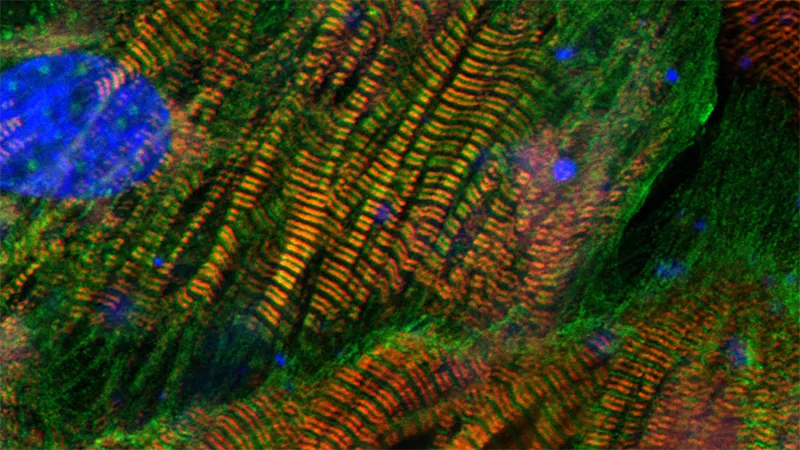Cardiovascular
Cardiovascular and metabolic disease research at Novartis
With new tools and approaches comes broader opportunity to benefit patients.
Cardiovascular and metabolic diseases are responsible for nearly 18 million deaths worldwide each year and represent a huge burden for individuals and society.
Our cardiovascular and metabolic disease researchers are developing a diverse portfolio of approaches to prevent, slow, or reverse these conditions.
Led by Shaun Coughlin, the team uses every tool at its disposal to better understand the root causes of cardiovascular and metabolic diseases, discover and develop drugs against relevant targets, and better identify patients by prognosis and mechanism to provide them with maximum benefit at minimum risk.
Our priorities include:
- Atherosclerosis: Atherosclerosis causes most heart attacks, strokes and peripheral arterial disease and remains the single leading cause of morbidity and premature mortality. Our portfolio and pipeline focus on therapies to reduce low-density lipoprotein (LDL) cholesterol and decrease inflammation, key drivers of the formation of plaques in the arteries. Strategies to reverse atherosclerosis are also under exploration.
- Heart failure: Heart failure with preserved ejection fraction is an increasingly prevalent disorder in which the pumping chamber becomes stiff and unable to function normally. We seek to understand the mechanisms driving this form of heart failure and develop novel therapies. We continue to develop next generation therapies to treat or prevent heart failure with reduced ejection fraction.
- Atrial fibrillation: We seek to develop safer antiarrhythmic drugs to maintain normal sinus rhythm and to understand the root cause of atrial fibrillation to ultimately prevent it.
- Obesity-driven disease: Obesity is epidemic and drives type-2 diabetes, cardiovascular risk, and a host of other diseases. We seek therapies that can deliver substantial and durable weight loss to reverse and prevent obesity-driven diseases.
“Cardiovascular and metabolic diseases remain a major cause of morbidity and mortality and Novartis is committed to addressing this unmet need,” says Coughlin. “With the tremendous tools and technologies available, there is a great opportunity to change medicine and impact public health.”

